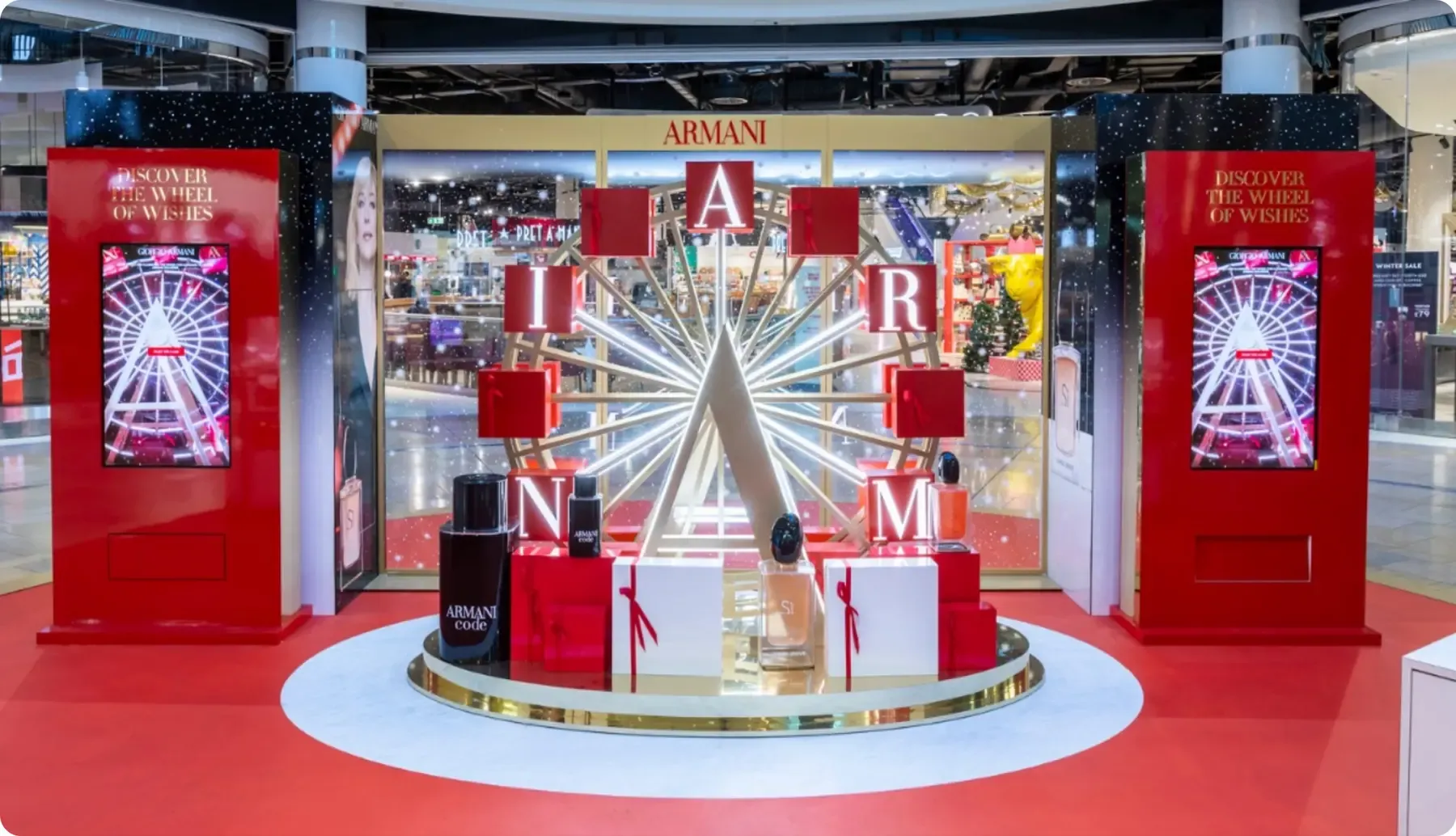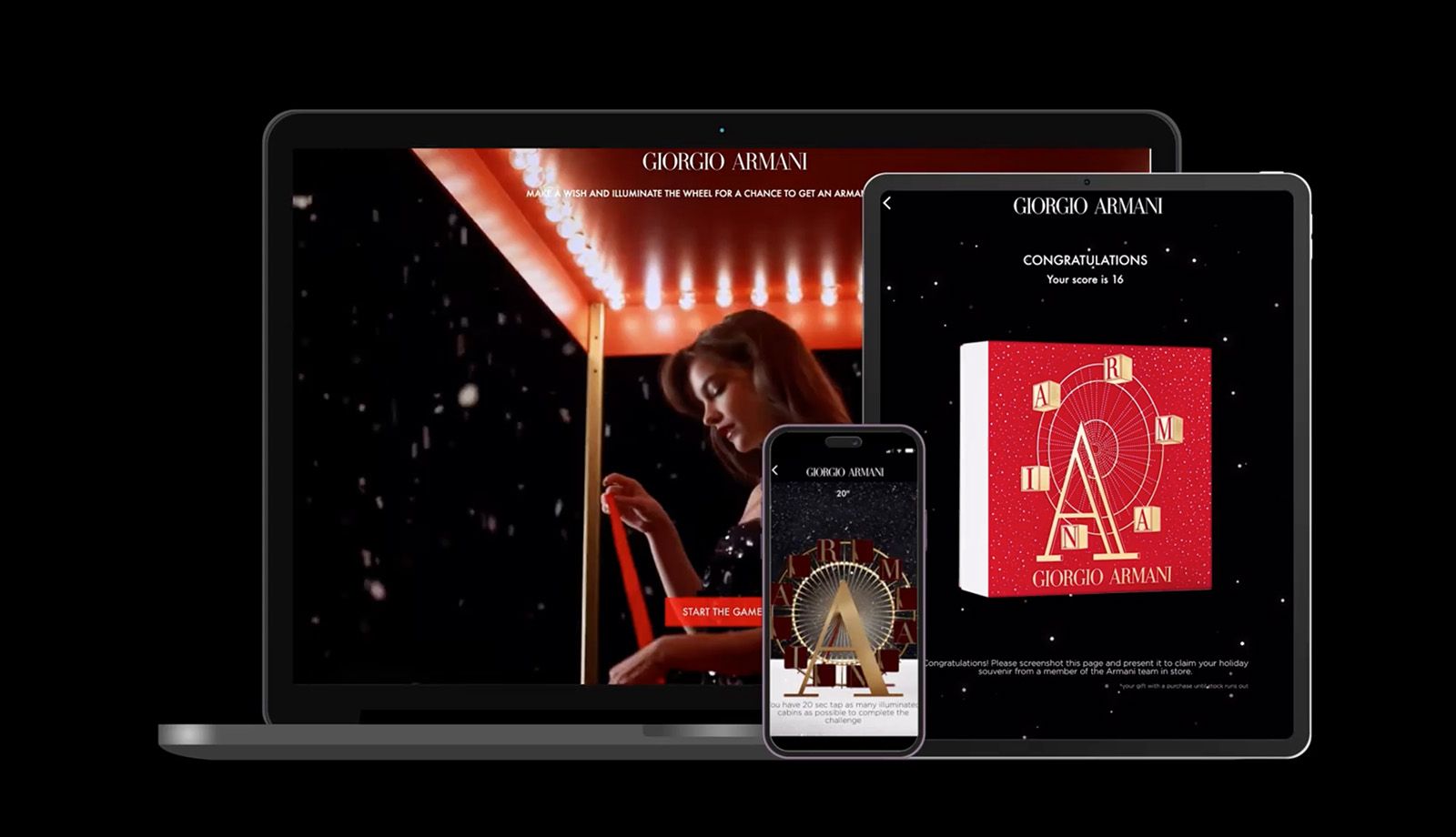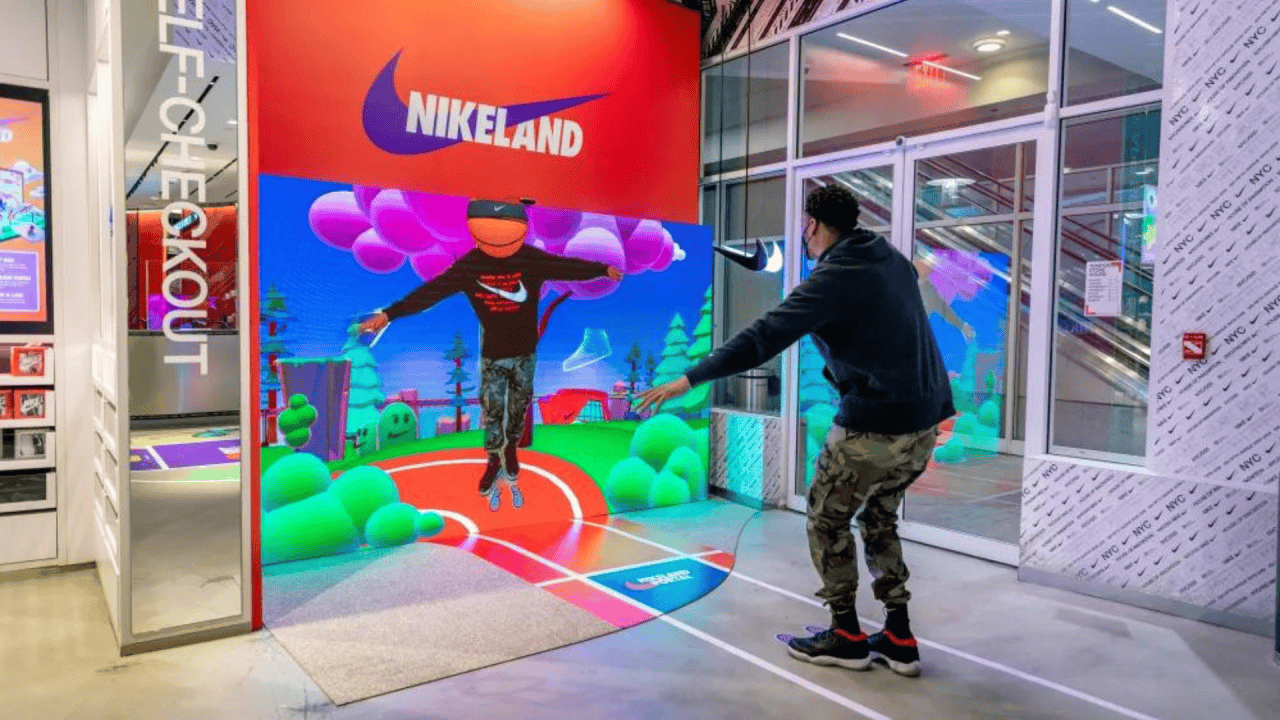
AirParfum: an olfactory revolution in retail
Written by B.weez
This article explains how AirParfum® technology is reinventing the olfactory experience in retail.


Retail reinvented through gaming
Writen by B.weez
2 min read
In the dynamic world of digital commerce, gamification emerges as a powerful strategy to redefine the interaction between brands and consumers. Far more than just a trend, marketing games apply playful principles to transform every stage of the customer journey into a captivating adventure.
A marketing game involves integrating playful elements into traditionally non-gaming contexts to engage and retain consumers. This includes the use of game mechanics such as challenges, rewards, and immersive interactions, tailored specifically to the brand or product. By placing the brand at the heart of the playful experience, the game strengthens consumer identification with the brand and fosters lasting engagement.

Marketing games offer a multitude of strategic advantages for brands in the retail sector:
Consumers are naturally drawn to entertainment. By incorporating game elements, you increase customer engagement and extend their interaction with your brand.
By offering attractive rewards and immersive experiences, marketing games create strong emotional connections with consumers, thereby fostering long-term loyalty.
Marketing games provide valuable data on consumer behaviors and preferences, enriching your customer knowledge and facilitating the personalization of your offers.
A well-designed game can go viral on social media, offering increased visibility and organic promotion of your brand.

A deep understanding of your audience's preferences, behaviors, and expectations is essential for designing a relevant and attractive game.
Ensure the game is easy to understand and play. An intuitive interface and smooth user experience are crucial for encouraging participation.
Carefully choose game mechanics (points, badges, levels, rewards, challenges, etc.) based on your goals and audience.
Prizes should be desirable and relevant to your audience, encouraging participation and enhancing the perceived value of the game.
Ensure a consistent playful experience across all sales channels (online, in-store, social media, etc.) to maximize engagement.
Implement tools to track game performance and gather data on participant engagement and satisfaction.
Ensure the game aligns with the brand’s strategic objectives, such as promoting a new product or strengthening brand image. The game should support and reinforce the overall message of your marketing campaign.
Ensure compliance with all local and international regulations regarding games and contests, including rule transparency and personal data management.
Larger and more immersive than ever. The future of retail gaming promises to be a fascinating revolution, with cutting-edge technologies such as augmented reality and gesture tracking redefining the customer experience. These innovations will allow consumers to immerse themselves in virtual environments where they can explore products and participate in interactive games in a fully integrated manner. By combining entertainment with advanced personalization, these developments will enhance emotional connections with brands and create truly unforgettable shopping experiences.

In conclusion, integrating marketing games into your strategies for key events of the year can not only energize your campaigns but also transform the customer experience into a memorable and engaging interaction. Explore the possibilities offered by gamification and differentiate yourself from competitors by providing experiences that captivate and retain your audience.